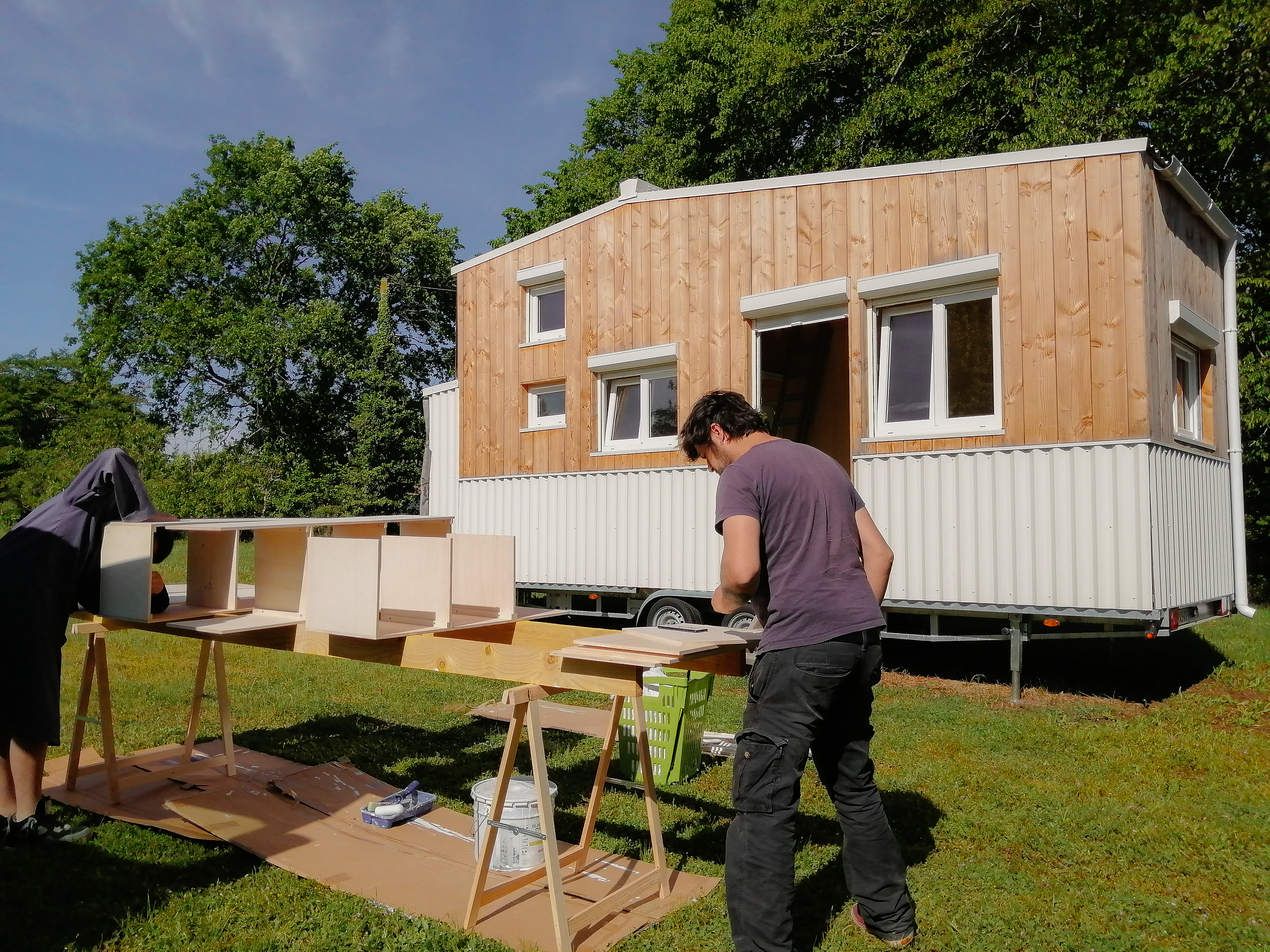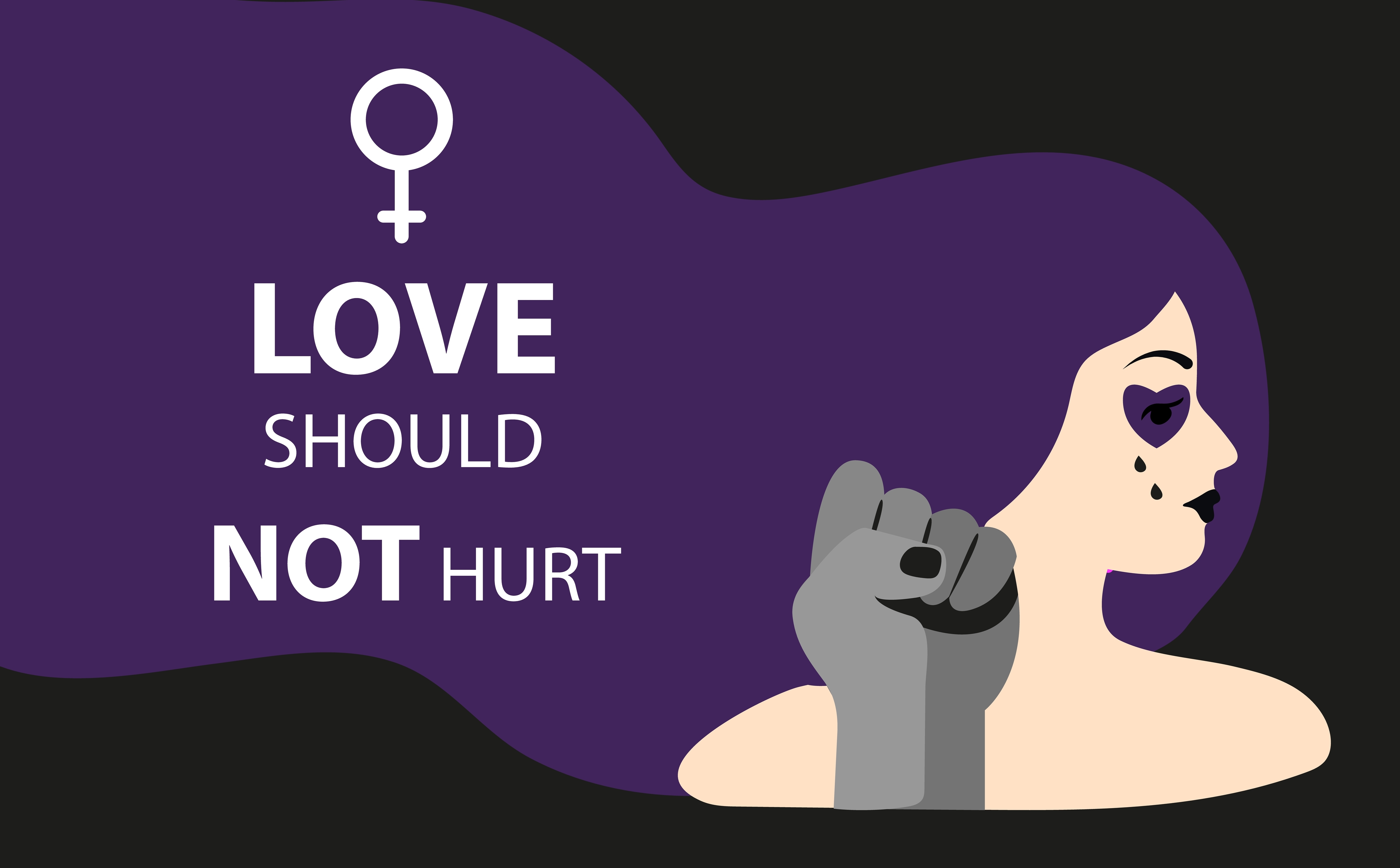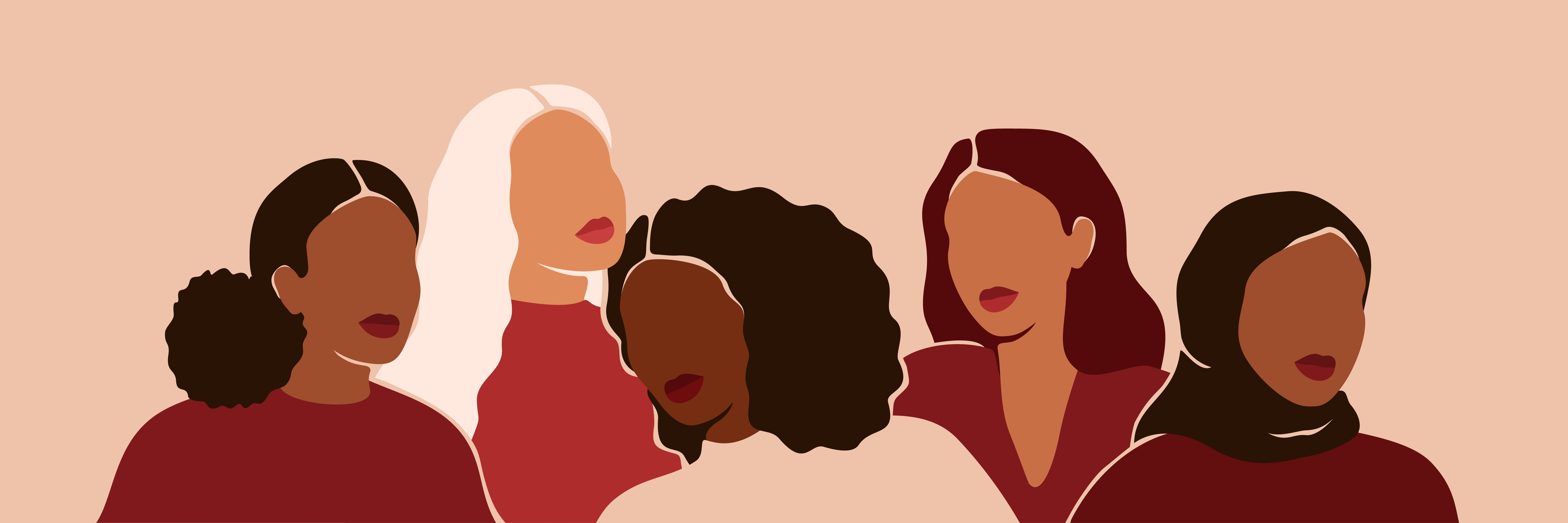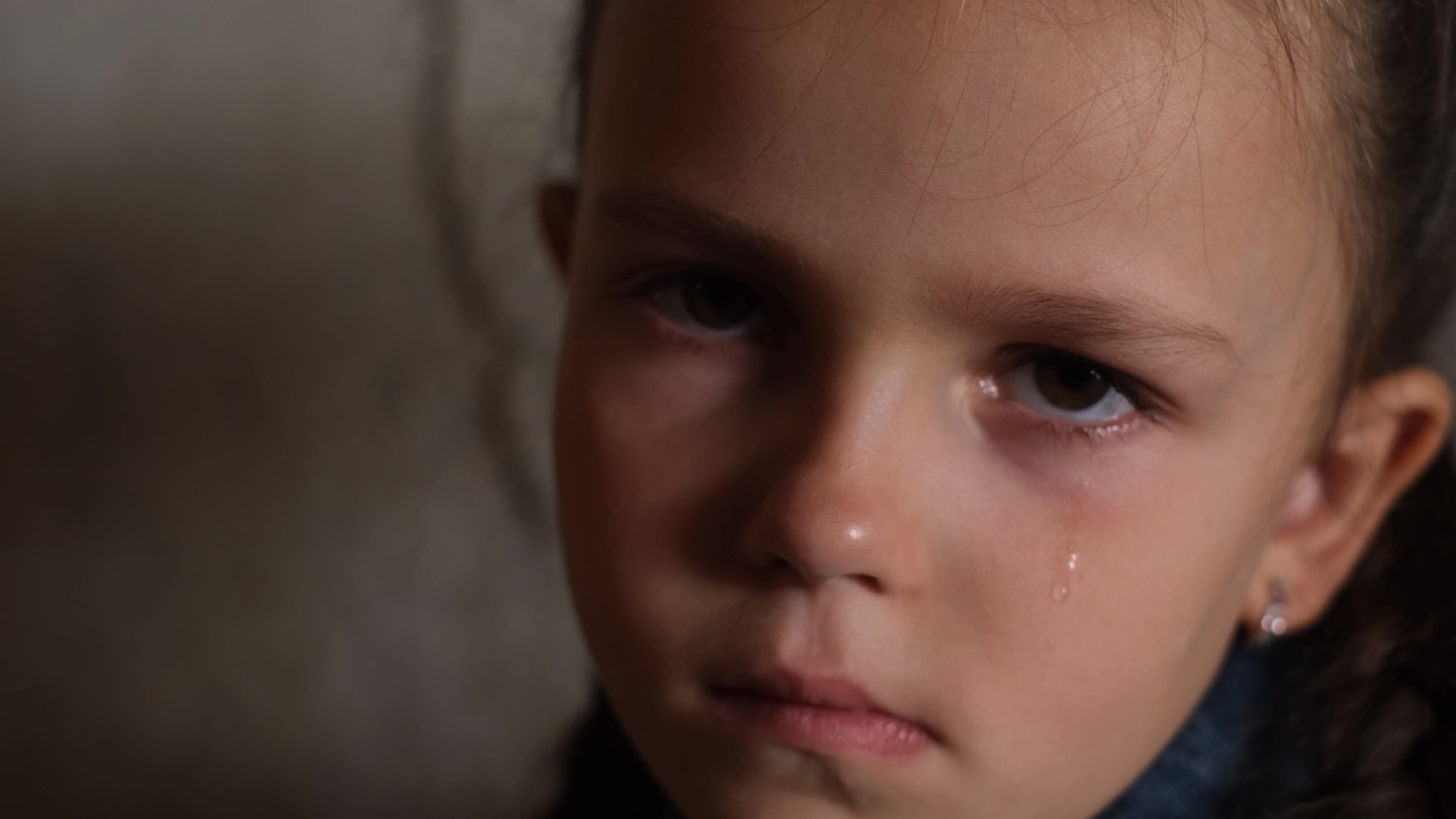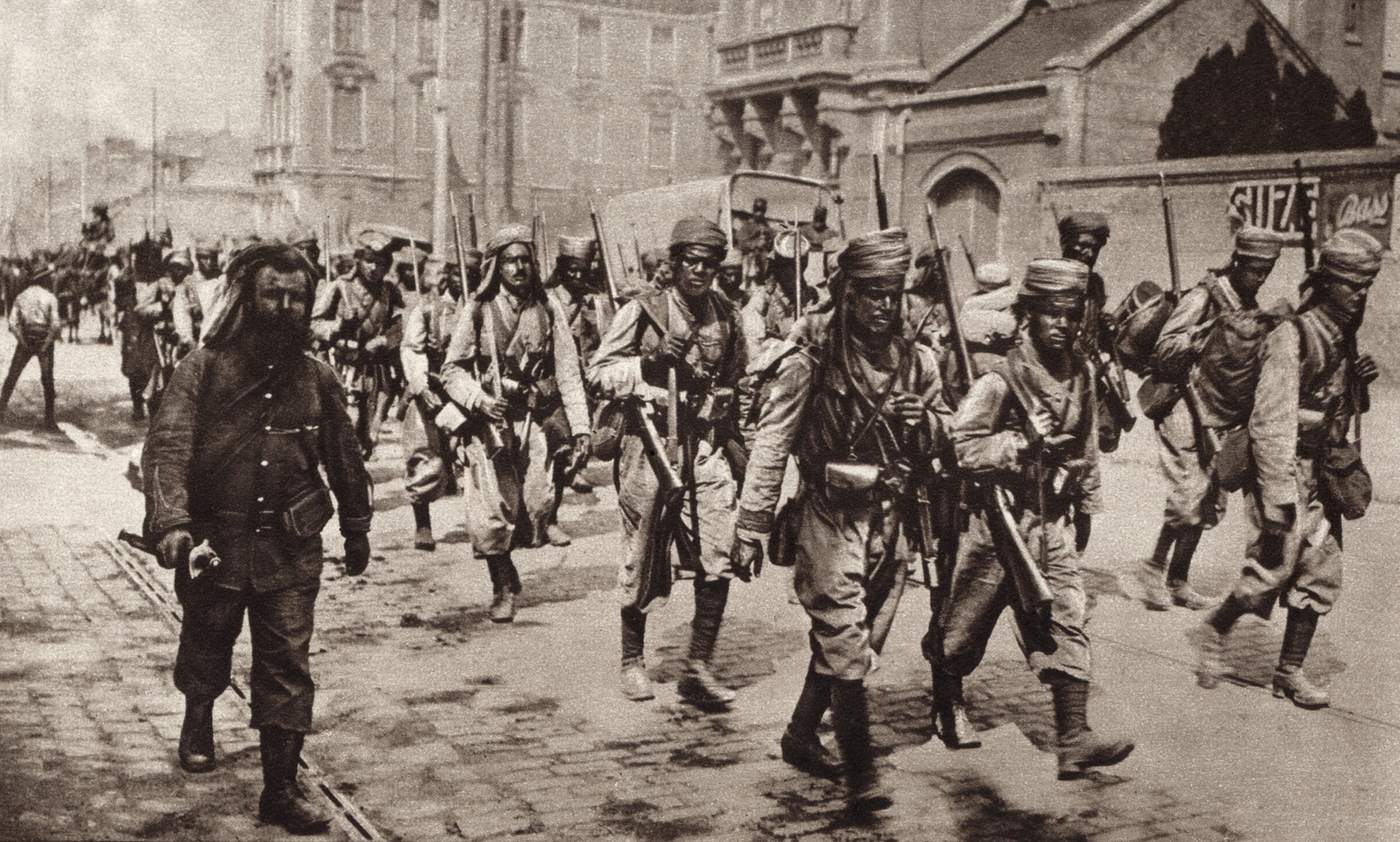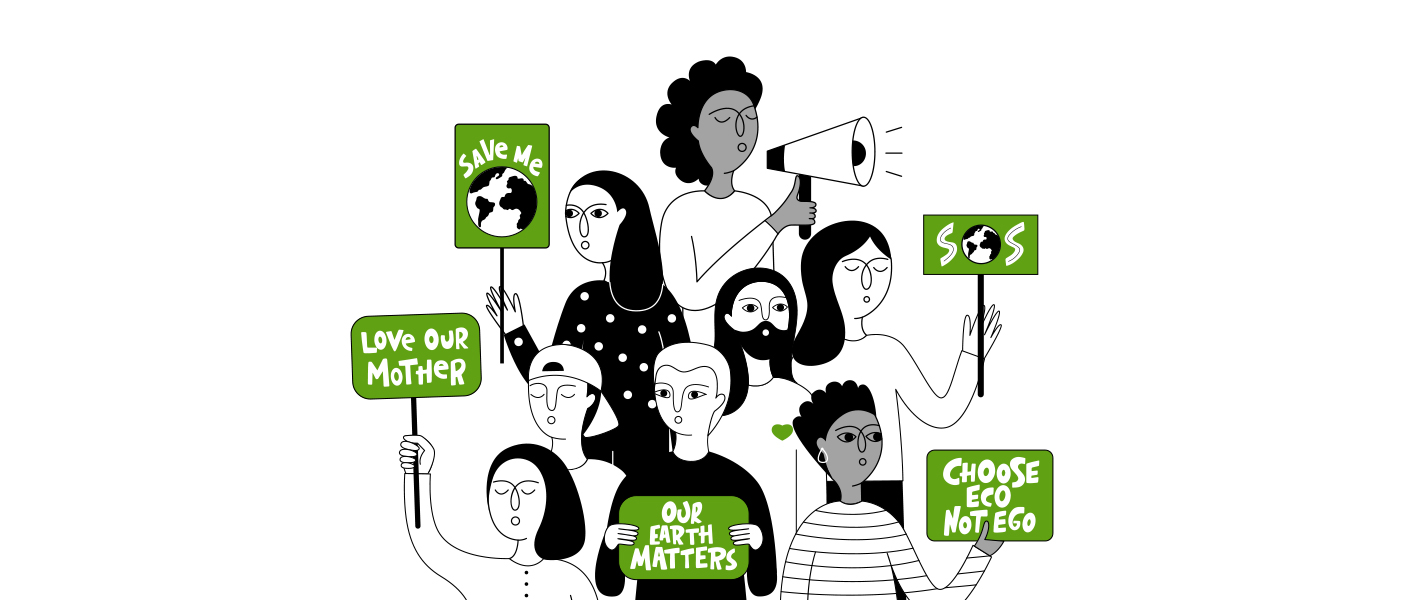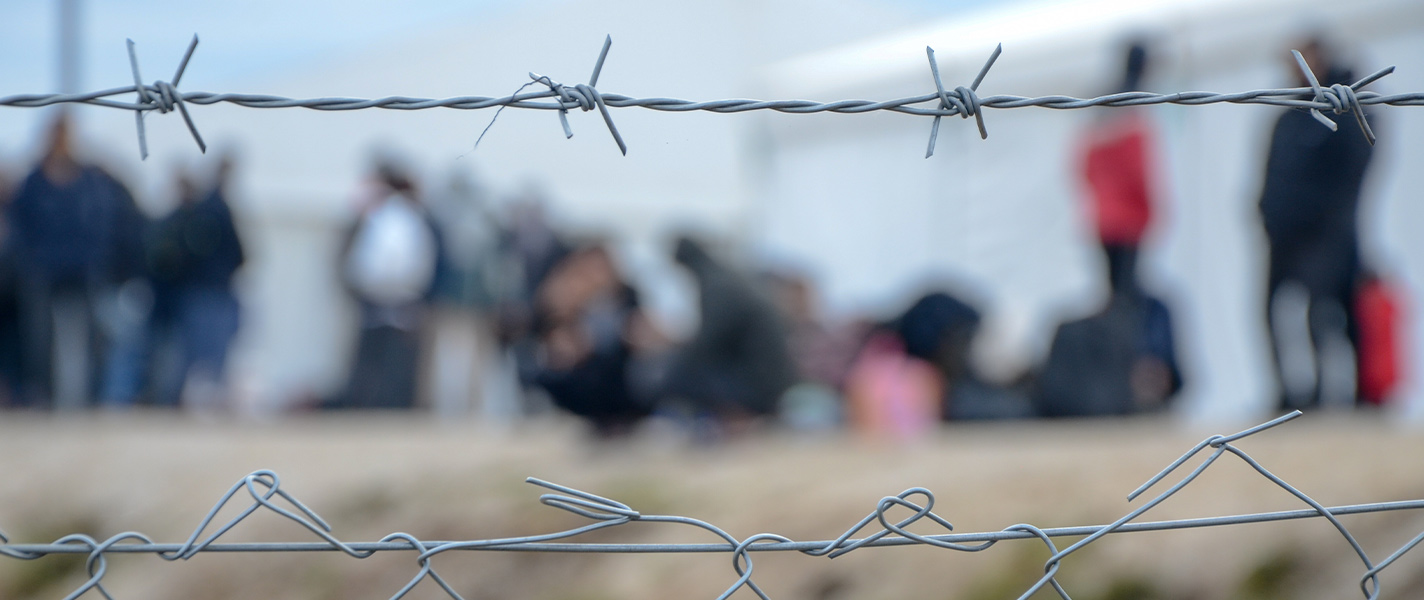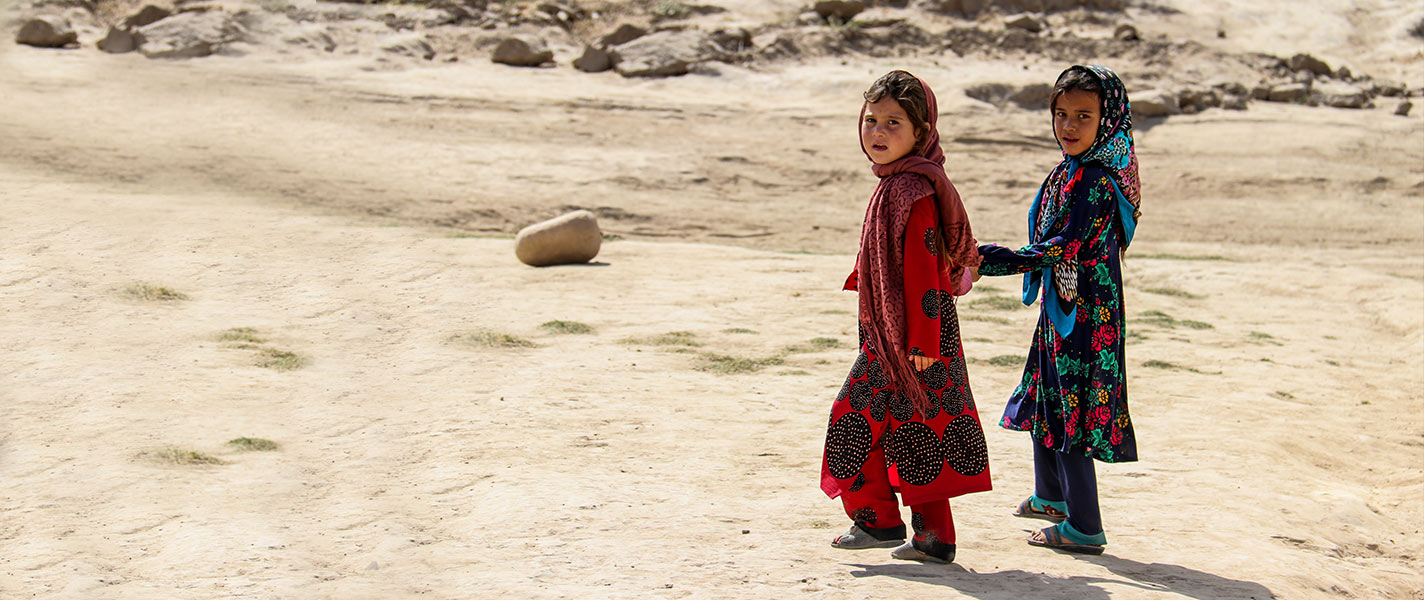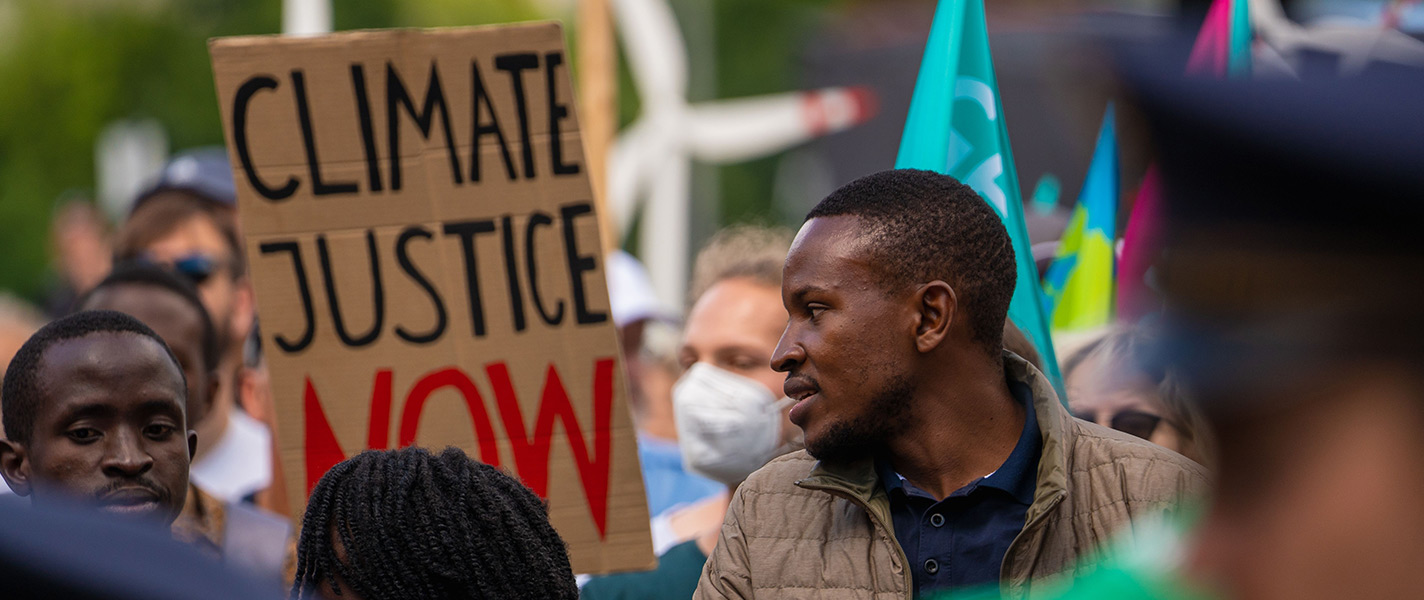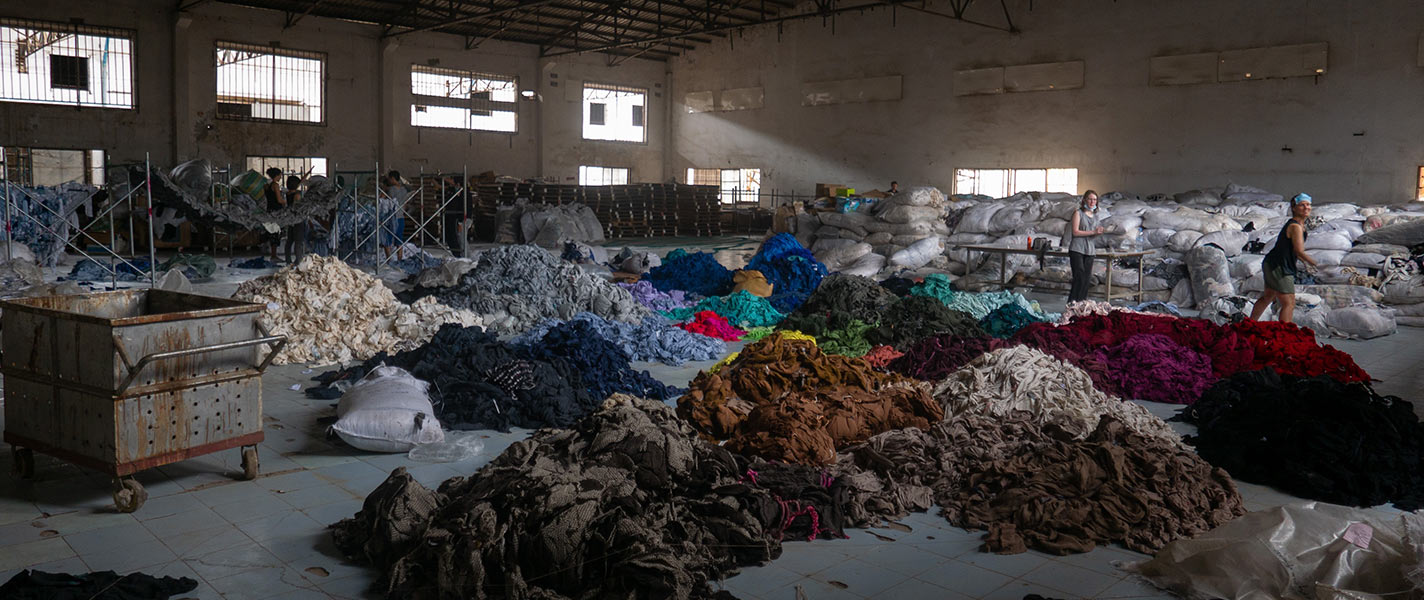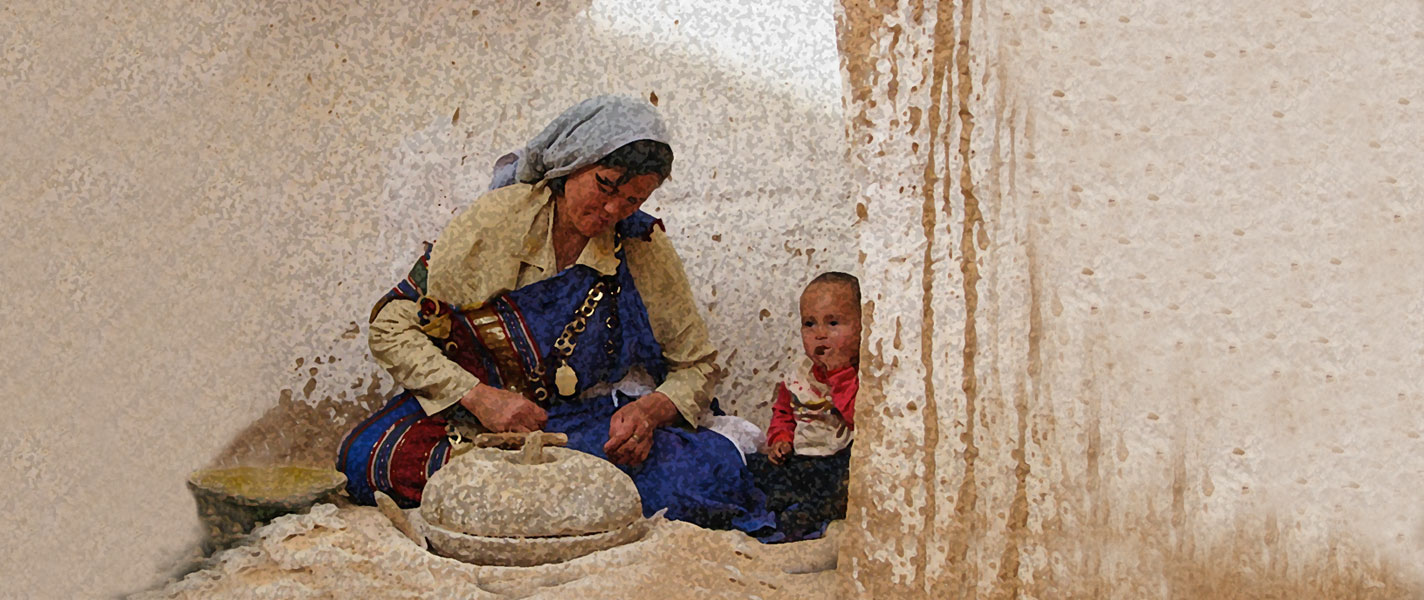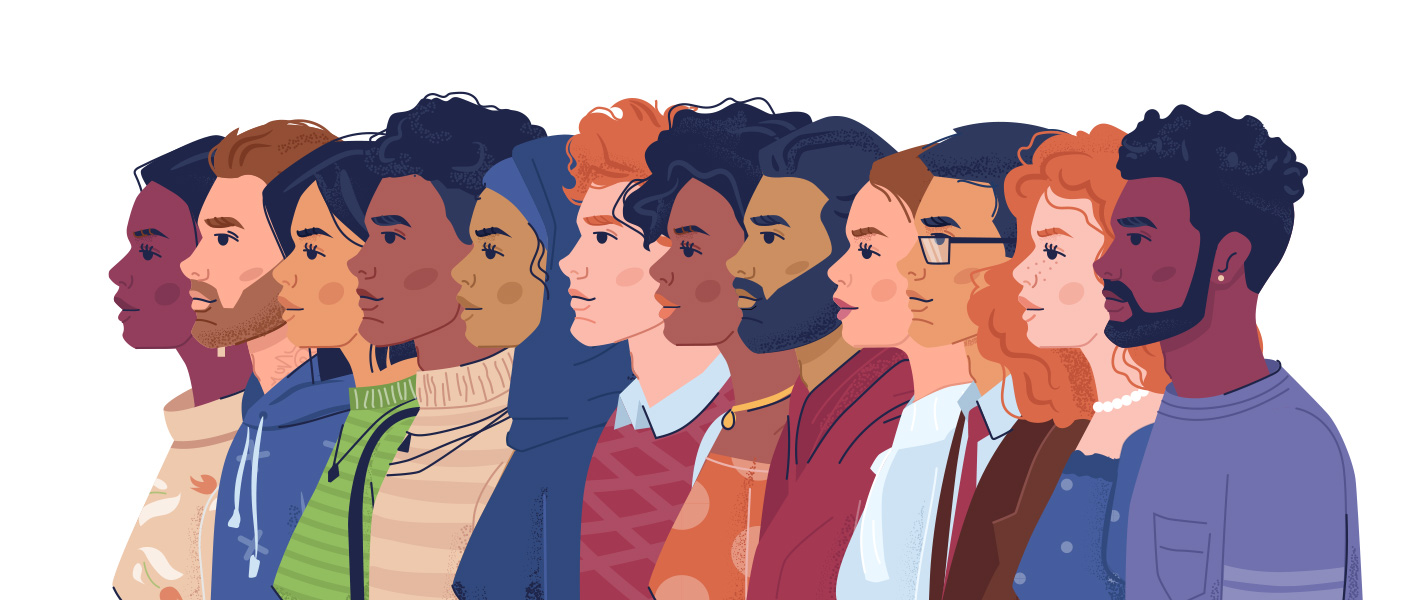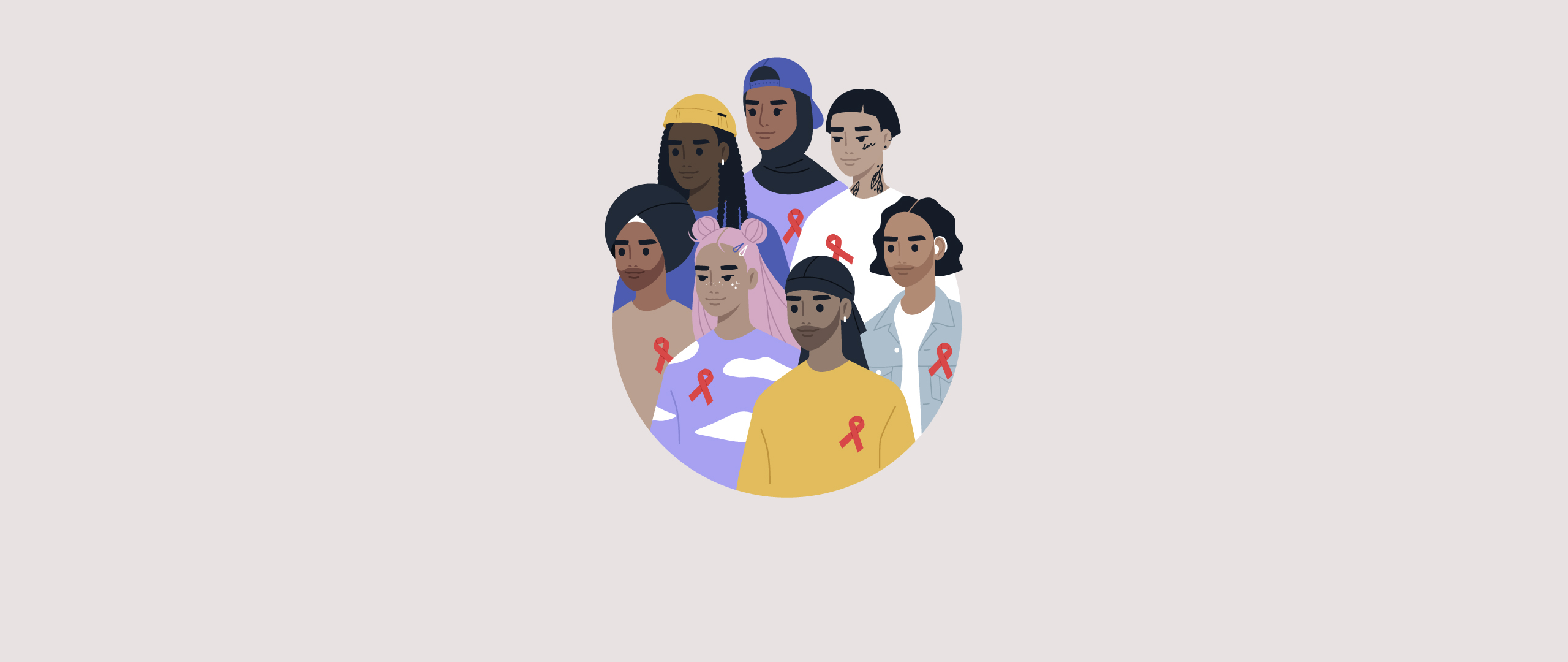Femicide: a Silent Cancer in the SWANA Region
The rate of femicide has been snowballing in the SWANA region. How can women thrive in countries where it is believed that women must fully cover up or be met by death?
Violence against women has become widespread in Southwest Asia and North Africa region. Violence could take place privately in households, in the workplace and publicly in the middle of the streets. This violence is deeply rooted in the patriarchal socio-cultural norms and the laws and policies within countries.
Femicide has grown into silent cancer in the region as during the month of July, with only a few days between the crimes, four women were murdered in the SWANA region. Naiyera Ashraf, a 21-year-old Egyptian student, was stabbed to death in broad daylight outside Mansoura University by a fellow student whose marriage proposal she had rejected. Four days after that, on June 23rd, Iman Rashid, who is only 21 years old, was fatally shot on the campus of Applied Sciences University in Amman. She was rushed to the hospital in critical condition but was pronounced dead shortly after arriving.
Only one day after, in the United Arab Emirates of Sharjah, Lubna Mansour, a Jordanian university graduate, was found dead after being stabbed 15 times by her husband. It was later reported that the crime took place as a reaction to the wife's request for divorce. The fourth victim, Shaima Gamal, an Egyptian journalist, has been missing for three weeks after her husband reported her missing. Her body was discovered buried in her house's garden after a witness admitted his involvement in the crime her husband had committed.
Based on official data gathered by EIGE, 444 women across 10 EU Member States were killed by their intimate partners in 2020. Do you know how many women are killed each year in the Southwest Asia and North Africa region? We can’t know because governments do not keep track of such crimes. Femicide is generally not recognized as a worth-noting incident, and its prevalence is not subject to nationally represented statistics.
What crime did these women commit? The only crime they committed was being born as women in male-dominated societies. Misogynist culture and toxic masculinity reinforced male control and systemic violence against women and girls.
The victim-blaming mindset could be seen in the rhetoric of a preacher and professor of Islamic Sharia at Al-Azhar University, who shared videos on social media right after the murder of Naiyera Ashraf. Sheikh Mabrouk Attia publicly stated, "Fine then, leave your hair to fly over your cheeks and wear tight clothing, and those who are drooling will hunt you down and kill you." "If your life is precious to you, go out fully covered."
These egregious words hit people hard, revealing societal-endemic ills when Ashraf’s blood hasn’t even dried in the streets of Mansoura. His speech does reflect a certain degree of himpathy as he blamed women for such crimes and portrayed them as triggers to male entitlement. Women bear the burden of a failed education system, a failed government, a stagnant economy and failed or non-existing laws. Misogyny will persist to be shock collars that haunt women and bring them down.
How Many More Women are to be Murdered for Change to Take Place?
Societal and cultural norms have embedded a patriarchal authority and male dominance over women on the pretext of religion. In fact, violence against women has been justified under the slogan of Sharia law. Not only that, but also the interplay between politics and economic factors leads to the deterioration of women's rights and the rise of femicide as the whole region is struggling.
In the absence of deterring laws and religious and social awareness, we will always be wondering whether we will be able to confront regressive thoughts and whether this bloodshed can spark a revolution and pave the way for change.
As LEED Initiative, we support and empower non-profit organizations and grassroots movements that aim to put an end to gender-based violence in the MENA region. As a matter of fact, our partner organization for the WOMENTUM project, Bent El-Nile works on combating sexual violence in Egypt and educating girls and young women to have a non-violent life in which they can afford all the protection tools; psychological, legal and cognitive awareness, for a safer life and equal opportunities in the private and public spheres.
.
The article represents the views of its writer and not that of LEED Initiative.



